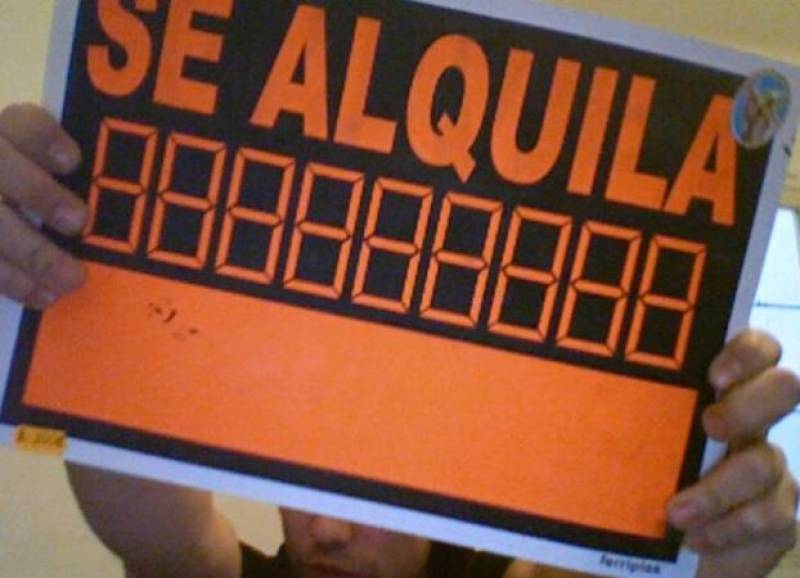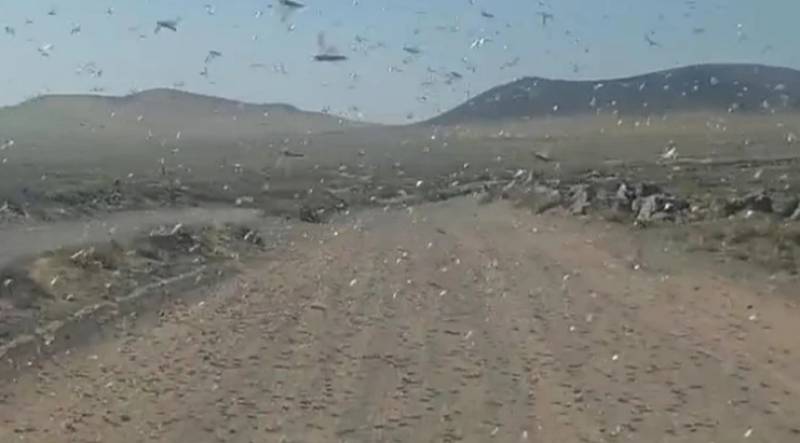- Region
- Vega baja
- Marina Alta
- Marina Baixa
- Alicante
- Baix Vinalopo
- Alto & Mitja Vinalopo
-
ALL TOWNS
- ALICANTE TOWNS
- Albatera
- Alfaz Del Pi
- Alicante City
- Alcoy
- Almoradi
- Benitatxell
- Bigastro
- Benferri
- Benidorm
- Calosa de Segura
- Calpe
- Catral
- Costa Blanca
- Cox
- Daya Vieja
- Denia
- Elche
- Elda
- Granja de Rocamora
- Guardamar del Segura
- Jacarilla
- Los Montesinos
- Orihuela
- Pedreguer
- Pilar de Horadada
- Playa Flamenca
- Quesada
- Rafal
- Redovan
- Rojales
- San Isidro
- Torrevieja
- Comunidad Valenciana
article_detail
Date Published: 16/10/2024
Spain introduces new regulations to impact short-term tourist rentals
Owners in Spain wishing to advertise tourist apartments online will have to register

The Spanish government has announced a new set of regulations aimed at controlling short-term rentals, particularly tourist apartments. The new rules, set to come into effect in January 2025, will require property owners to register their properties with the government and obtain a unique identification number.
The rise of tourist apartments and holiday homes has reduced the supply of housing available for long-term rentals, leading to increased prices and competition for locals.
With the younger generation struggling to find accommodation, the government aims to address this issue by regulating the short-term rental market and ensuring that property owners comply with existing laws and regulations.
How will the new system work?
The most important point to note is that the changes in January represent a pilot project of sorts, so that for the first few months registration will be voluntary. In time though, this identification number will be mandatory in order to market a property on an online platform - anyone who rents their property without using a digital portal will be able to bypass the system.
To register their property, owners will need to provide documentation, including proof of ownership and compliance with local and regional regulations. The registration process will also involve verifying the property's statutes and ensuring that neighbours have not prohibited the use of the property for short-term rentals, as per the Horizontal Property Law.
Each property that is to be offered for tourist, temporary or room rental will thus have a unique identification number that will work in a similar way to the registration number of cars.
Based on the information provided by the owner and verified by the Registry, this code will allow the address of the property to be known, whether the entire property is rented or only a part, under what type of rental, the maximum number of people that can stay there and whether it has a license.
Changing from seasonal to tourist rental or vice versa will require requesting a new code, which will always last twelve months. To renew it, it will be necessary to provide the list of contracts signed during the current year.
To ensure compliance, the government will launch a platform called the ‘Digital One-Stop Shop for Leases’ which will carry out “random and periodic checks” of the rental properties offered online.
Image: Archive
staff.inc.ali
Loading
Sign up for the Spanish News Today Editors Roundup Weekly Bulletin and get an email with all the week’s news straight to your inbox
Special offer: Subscribe now for 25% off (36.95 euros for 48 Bulletins)
OR
you can sign up to our FREE weekly roundup!
Read some of our recent bulletins:
Discount Special Offer subscription:
36.95€ for 48 Editor’s Weekly News Roundup bulletins!
Please CLICK THE BUTTON to subscribe.
(List price 3 months 12 Bulletins)
Read more stories from around Spain:
Contact Murcia Today: Editorial 000 000 000 /
Office 000 000 000


























